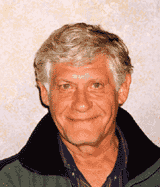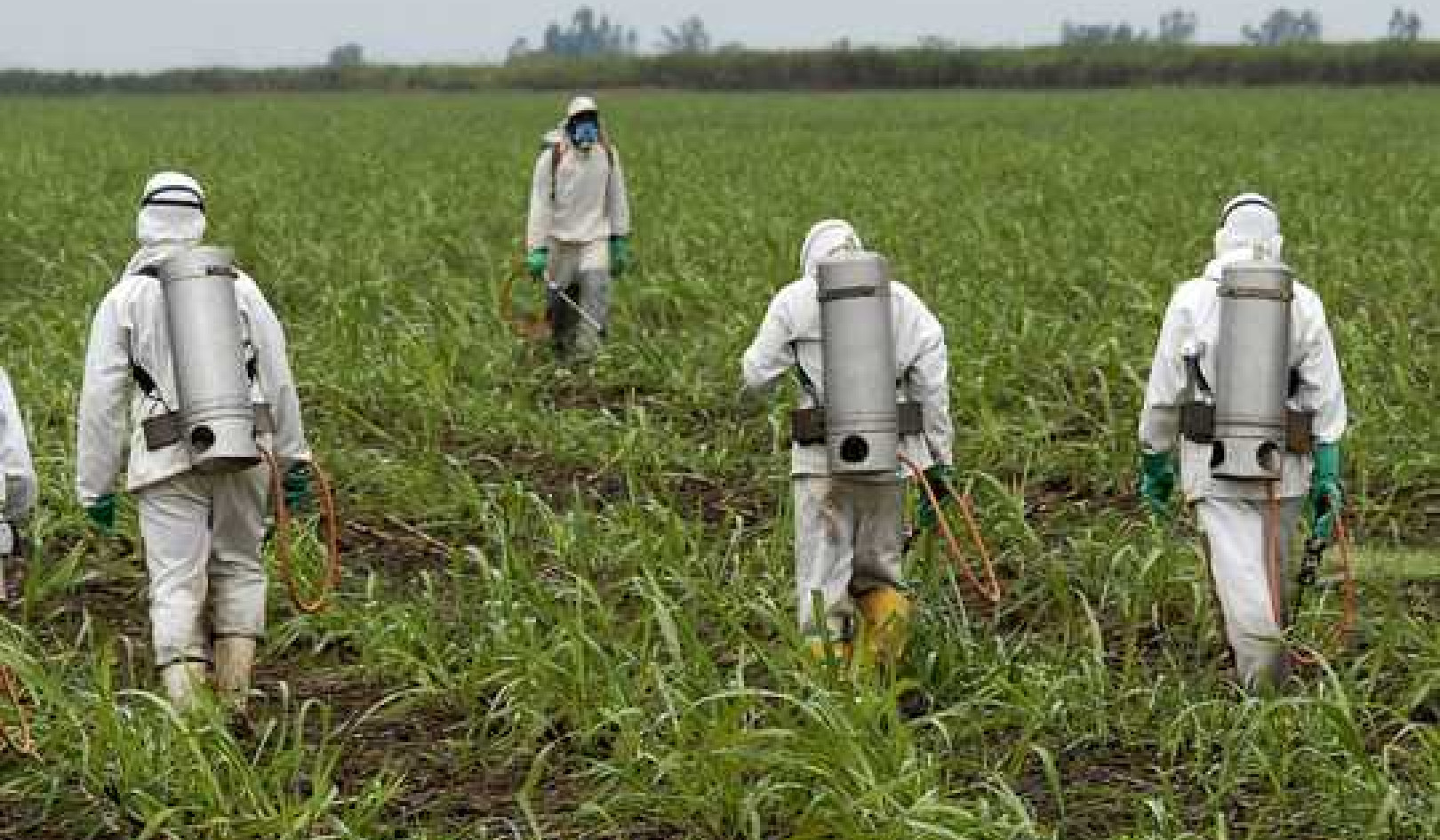
Image by Frank Winkler
Government leaders and economic elites in Industrial Growth Societies continue to push for endless economic growth and development. Consumerism in the industrial world is now both a way of life and an addiction. New Age visions promote megatechnology solutions to economic and environmental ills, and propose massive high-tech global management and development schemes for the biosphere.
Third World countries are now entering global markets and trying to become First World countries by destroying their ecosystems and wild species as they emulate the industrial and consumer patterns of the ecologically destructive unsustainable First World.
The leading ecotheologian Thomas Berry claimed that modern people "just don't get it. They don't comprehend how deeply rooted it is, the crisis that confronts us!... the order and magnitude of the present catastrophic situation is... so enormous, so widespread, and we don't know what we are doing." Berry further claims that reconciliation between [the developers and the ecologists] is especially difficult because the commercial-industrial powers have so overwhelmed the natural world in these past two centuries that there is, to the ecologist, no question of further adaptation of natural systems to the human.
Total Dysfunctioning Of The Planet
The oppression of the natural world by the plundering of the industrial powers has so endangered the basic functioning of natural forces that we are already on the verge of total dysfunctioning of the planet. We cannot mediate the situation as though there were presently some minimal balance already existing that could be slightly modified so that a general balance could come into being.
The violence already done to the earth is on a scale beyond all understanding.... The change required by the ecologist is a drastic reduction in the plundering processes of the commercial industrial economy.... Never before has the human community been confronted with a situation that required such a sudden and total change in life style under the threat of a comprehensive degradation of the planet."
Berry is surely correct to point out that the "opposition between the industrial entrepreneur and the ecologist has been both the central human issue and the central earth issue of this late 20th century."
Denial in the Decisive Decade
The 1992 Worldwatch Institute report contained a lead paper by Sandra Postel entitled "Denial in the Decisive Decade". Documenting the continuing exponential deterioration of the world environment -- the greenhouse effect, ozone layer depletion, desertification, exponential human population growth, air and water pollution, the pollution of the world's oceans, loss of topsoil, the continuing loss of ancient forests throughout the world, and the rate of species extinction (which she estimates at 140 per day), Postel claimed that the 1990s was the "decisive decade" to begin to turn things around.
What we are getting instead is what Thomas Berry calls "microphase solutions to macrophase problems" or, in most cases, no realistic solutions at all. Most people, Postel claimed, are in a psychological state of denial concerning the seriousness and magnitude of the global ecological threat.
One measure of the degree of this denial is how the industrial media have been able to convince so many people that if they just recycle they are "doing their part" for the environment, while they continue with their high-consumption lifestyles and all the other environmentally destructive practices that take place in industrial growth societies.
Reducing The Scale Of The Human Enterprise
The distinguished ecologists Anne and Paul Ehrlich have also recently discussed the dimensions of the current environmental crisis and proposed realistic solutions to our environmental problems. They claim that "the ravaging of biodiversity... is the most serious single environmental peril facing civilization." They further point out that the overall solution to the environmental crisis is to "reduce the scale of the human enterprise."
The major reform environmental organizations have in some cases performed brilliantly, and in other cases they have compromised miserably, in their piecemeal political / economic / legal / technological approaches to protecting the environment. By failing to take an ecocentric integrated long-range perspective, by failing to be guided by realistic visions of ecological sustainable societies, and by failing to adequately address the root causes of the eco-crisis, they have managed only to delay some of the worst of the environmental degradation. Overall their strategies and efforts are failing to stem the tide of global environmental destruction.
Needed: Crucial Paradigm Shift
The crucial paradigm shift the Deep Ecology movement envisions as necessary to protect the planet from ecological destruction involves the move from an anthropocentric to a spiritual/ecocentric value orientation. The wild ecosystems and species on the earth have intrinsic value and the right to exist and flourish, and are also necessary for the ecological health of the planet and the ultimate well-being of humans.
Humanity must drastically scale down its industrial activities on Earth, change its consumption lifestyles, stabilize and then reduce the size of the human population by humane means, and protect and restore wild ecosystems and the remaining wildlife on the planet. This is a program that will last far into the twenty-first century. The crucial question is how much irreversible global ecological destruction humanity will continue to cause before existing trends can be significantly reversed.
Reprinted with permission from the publisher,
Shambhala Publications http://www.shambhala.com .
Article Source:
Deep Ecology for the 21st Century,
edited by George Sessions.
 In newspapers and on television, we read and hear about the ongoing destruction of the environment: the greenhouse effect, ozone layer depletion, deforestation, and air and water pollution. Deep Ecology offers a solution to the environmental crisis through a radical shift in human consciousness—a fundamental change in the way people relate with the environment. Instead of thinking of nature as a resource to be used for human needs, Deep Ecology argues that the true value of nature is intrinsic and independent of its utility. Emerging in the 1980s as an influential philosophical, social, and political movement, Deep Ecology has shaped the environmental debate among leading activists and policymakers—from former Vice-President Al Gore to Dave Forman, cofounder of Earth First!
In newspapers and on television, we read and hear about the ongoing destruction of the environment: the greenhouse effect, ozone layer depletion, deforestation, and air and water pollution. Deep Ecology offers a solution to the environmental crisis through a radical shift in human consciousness—a fundamental change in the way people relate with the environment. Instead of thinking of nature as a resource to be used for human needs, Deep Ecology argues that the true value of nature is intrinsic and independent of its utility. Emerging in the 1980s as an influential philosophical, social, and political movement, Deep Ecology has shaped the environmental debate among leading activists and policymakers—from former Vice-President Al Gore to Dave Forman, cofounder of Earth First!
Info/Order book.
About The Author
George Sessions is chairman of the philosophy department at Sierra College in Rocklin, California. He is the coauthor of Deep Ecology: Living As If Nature Mattered, and coeditor of Environmental Philosophy: From Animal Rights to Radical Ecology


























